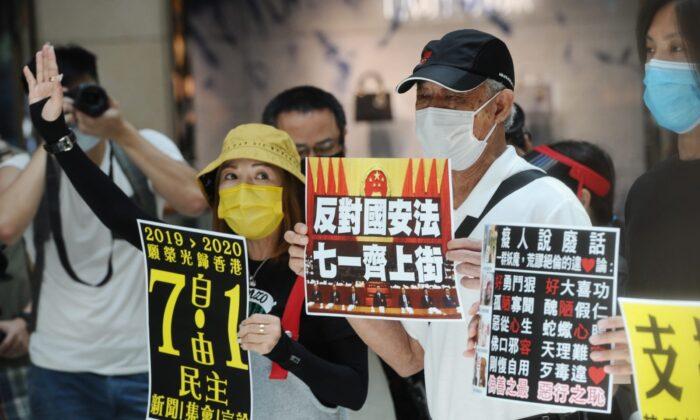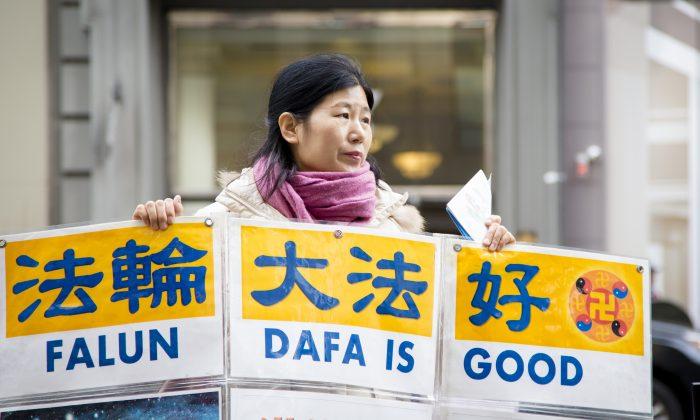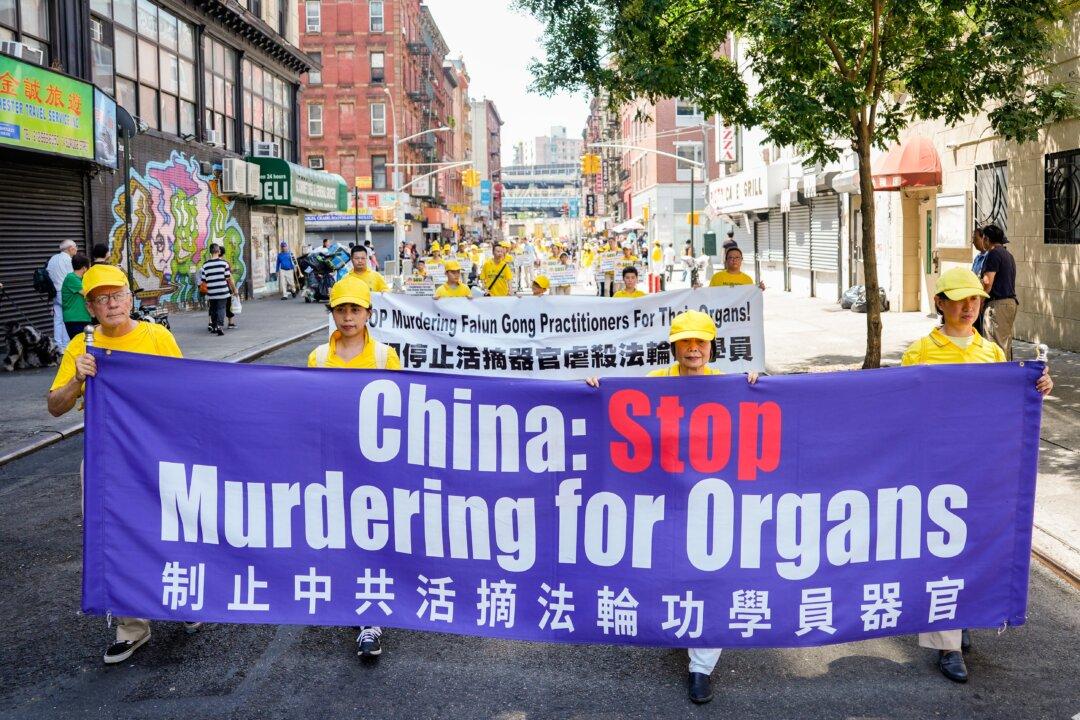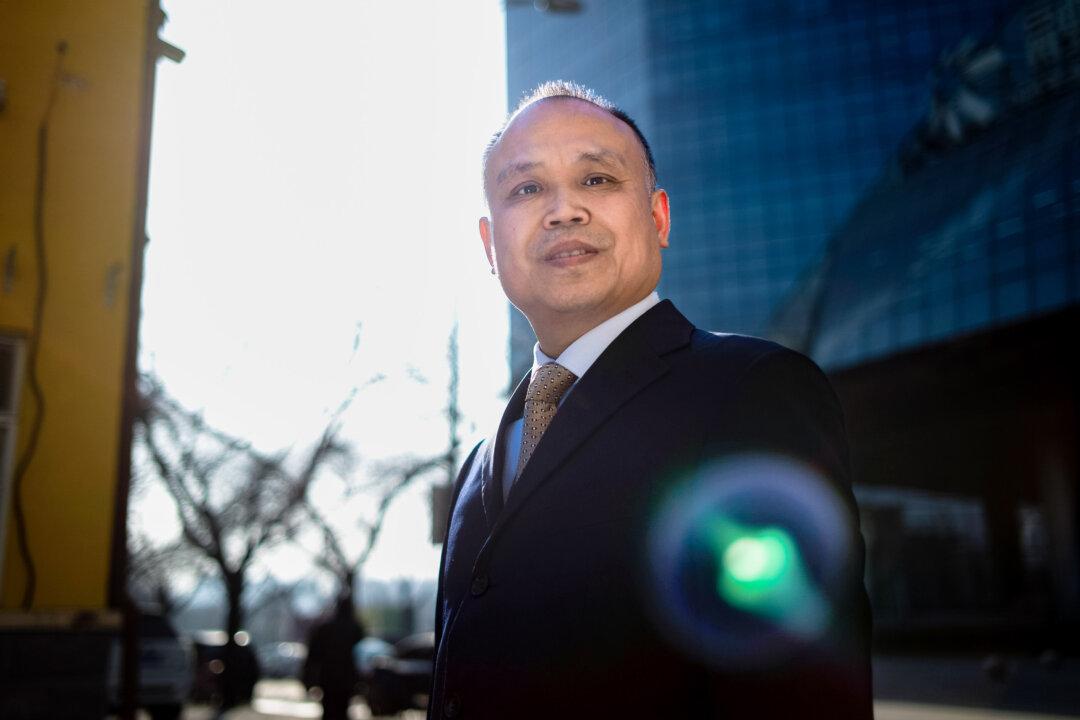Hong Kong leader Carrie Lam shed some light on Beijing’s national security law while speaking at the United Nations Human Rights Council on June 30.
She added that legal principles such as presumption of innocence will be upheld for cases under the new law.
The question of whether the law is retrospective has been of concern for Hongkongers as it would determine whether people taking part in the mass protests since June last year could be charged under the law, and potentially given heavier sentences if convicted.
At around 6 p.m. local time, China’s state-run Xinhua confirmed earlier reports by Hong Kong media that the standing committee of China’s rubber-stamp legislature, the National People Congress (NPC), had voted unanimously to pass the national security law for Hong Kong.
Xinhua added that the NPC standing committee took another vote on Tuesday afternoon, to unanimously approve the amendment of the law to Annex III of Hong Kong’s mini-constitution, the Basic Law.
By adding the law to Annex III, Hong Kong’s legislature will not have a chance to scrutinize the legislation. Instead, Hong Kong’s chief executive can issue a legal notice in the Government Gazette, paving the way for the law to be applied verbatim.
Xinhua concluded by saying that Chinese leader Xi Jinping signed an order to promulgate the law. Xinhua did not provide details about provisions in the law.
The Hong Kong and Macau Affairs Office, Beijing’s agency for handling those territories’ policies, issued a statement saying that it will make sure that the law was “enforced to the point” and the law will serve as a “deterrence” to any activities that threaten “China’s national security.”
He added: “Once we have seen the full legislation, we will make a further statement.”
European Commission President Ursula von der Leyen said that the bloc was discussing with “international partners” on potential measures in response to Beijing’s encroachment into Hong Kong’s judicial system.
Kim added that Hong Kong should enjoy “a high level of autonomy under China’s ‘one nation, two systems.’”
“The speed and secrecy with which China has pushed through this legislation intensifies the fear that Beijing has calculatingly created a weapon of repression to be used against government critics, including people who are merely expressing their views or protesting peacefully,” said Joshua Rosenzweig, the head of Amnesty International’s China team.
Rosenzweig added: “China’s eagerness to pass this law quickly is also an ominous signal for the legislative elections coming up in Hong Kong in September, with a threat that the security law could be used against pro-democracy candidates.”
Hong Kong’s legislative elections are currently scheduled for Sept. 6, when all 70 seats are up for a vote. 35 seats are directly voted in by constituents in geographical areas, while the other 35 are elected by special interest groups.






Friends Read Free